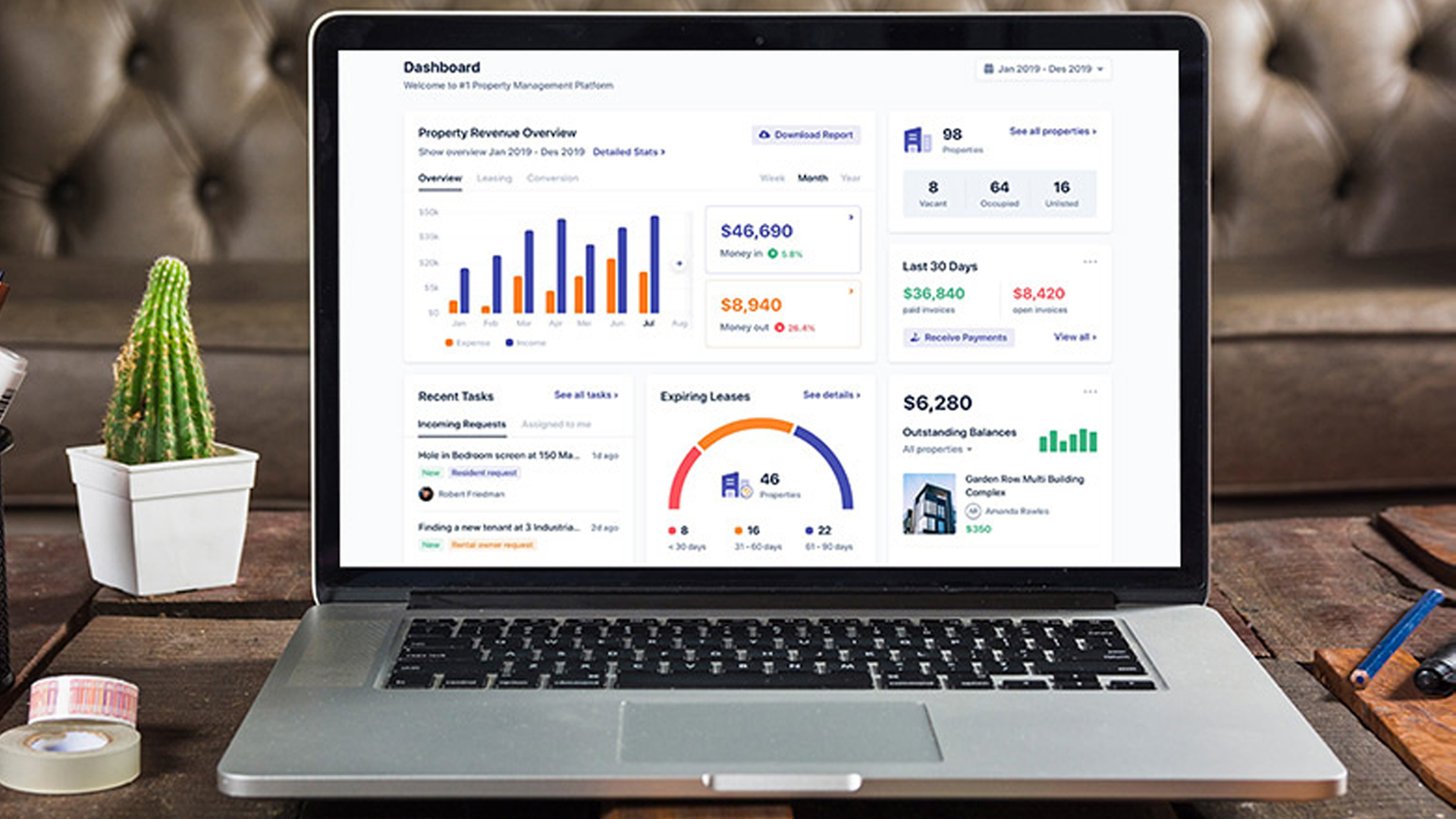My Real Estate Advisor
Real estate today is an extremely competitive arena wherein data is the key factor. The high-performing members of the company use customer data to drive strategic decisions. Per the National Association of Realtors Member Profile conducted in 2022, 89 percent of the respondents use CRM software solutions in order to get more efficient results.
Using the right real estate CRM software, agents are able to capture, profile, and respond to the needs on time, thus making sure they are the best. And it is not true that every platform is equally good. This blog is dedicated to the core advantages, essential functionality for property agents, and the best options to consider before purchasing the best CRM for commercial real estate.
Let’s examine the different aspects of a CRM solution that can be useful for a real estate business.
Benefits of a Real Estate CRM
A robust and affordable real estate CRM centralizes client information and automates redundant tasks to optimize operations. Instead of shuffling through paperwork, emails, and spreadsheets, data is accessible in one secure, shareable system. Furthermore, best crm for commercial real estate streamlines lead conversion and sales by providing agents with the right information when they need it.
Specific benefits include
-
Time savings: CRMs eliminate manual data entry and organization. Information flows directly from forms and email to the platform. Agents recoup hours previously spent on administrative work.
-
Centralized database: Contact details, communications history, pipeline status, and other critical info are entered once and available to the entire team through the CRM software solutions. This enhances collaboration.
-
Analytics and reporting: Dashboards provide real-time visibility into deals closed, contacts made, and lead conversion rates. Agents can surface key performance indicators to guide smarter strategies.
-
Organization and productivity: CRMs keep agents focused on high-value tasks like networking and closing deals instead of paperwork. Smooth workflows ensure no opportunities fall through the cracks.
Must-Have Features
Not all real estate CRM software are created equal. Choosing the right platform means aligning features to your business needs. Here are some must-haves for real estate professionals:
-
Contact Management: Robust contact profiles that track communications history across channels.
-
Lead Management: Assign, score, and track promising prospects. Segment and target lead for conversion.
-
Task Automation: Activity reminders to follow up on pending to-dos. Workflows to guide deals through the sales pipeline.
-
Listing Management: Upload and track listing details all in one place.
-
Email Integration: Sync inbox with CRM so messages auto-log for each contact.
-
Calendar: Schedule showings, open houses, calls, and meetings. Integrate calendars across the team.
-
Mobile Optimization: Access CRM on the go through user-friendly mobile apps.
-
Role-Based Access Control: Customized permissions so agents, brokers, and assistants only see relevant data.
Top Real Estate CRM Software to Consider
With hundreds of options on the market, limiting your choices to highly rated platforms tailored to real estate streamlines selection. Here are some top solutions:
-
BoomTown: Robust CRM with automated follow-up capabilities.
-
Propertybase: It is an all–in–one real estate platform with built-in CRM and IDX websites.
-
Realvolve: Specialized for real estate teams and brokerages. Advanced automation
-
Talygen: The CRM simplifies real estate lead management, allowing users to easily create, edit, and oversee their leads for a more organized workflow.
-
Top Producer: Popular CRM with task management and custom reporting
-
IXACT Contact: Contact management-focused CRM designed for real estate.
Implementation Tips
The right software provides enormous value. But successful adoption requires upfront effort:
-
Get team buy-in: Provide training and support so everyone understands the benefits of CRM adoption.
-
Build efficient workflows: Set up lead assignment rules, reminders, and deal stage progressions that reflect current processes.
-
Integrate with other tools: Connect CRM to email marketing platforms, e-signature tools, and other systems to maximize value.
-
Track meaningful metrics: Identify key performance indicators to monitor through dashboards and reporting.
-
Continuously optimize: Collect user feedback to improve configurations and maximize adoption over time.
To Sum it UP
As the real estate industry becomes more competitive, utilizing data to optimize decisions is key. The right CRM software solutions centralizes information, automates repetitive tasks, and provides the visibility needed to streamline operations.
While purchasing options abound, focus on solutions that align with your budget and business goals. With proper setup and training, agents can recoup hours spent on busywork and provide more personalized, data-driven service to each client. The result is a lean operation poised for productivity and profitability.


